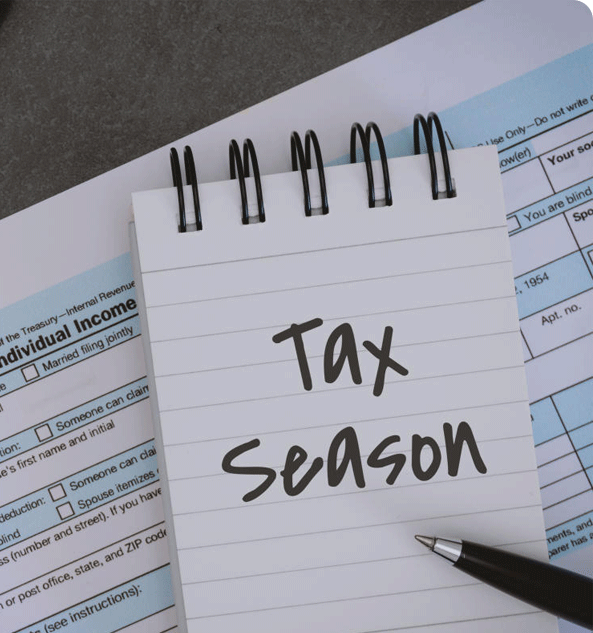Miami-Dade County, with its vibrant culture and booming real estate market, presents unique opportunities and challenges for property owners. Understanding the intricacies of Miami Dade property taxes is crucial for both new and seasoned homeowners alike. With property values on the rise, being well-informed about how taxes are assessed and what they entail can significantly impact your financial planning. In this article, we will explore the various aspects of property taxes in Miami-Dade, including how they are calculated, exemptions available, and common misconceptions. Whether you are looking to buy, sell, or simply maintain your property, knowing the ins and outs of these taxes will help you make informed decisions.
The landscape of Miami Dade property taxes is shaped by numerous factors, including local government funding needs and the overall economy. These taxes are not just a yearly expense; they can influence your property's value and your overall financial health. The tax system can often appear complex and overwhelming, but breaking it down into manageable parts can provide clarity. We will delve into the specifics of how taxes are determined, the tax rates in different areas, and the implications of failing to pay them.
Additionally, we will answer common questions about Miami Dade property taxes, such as how property assessments are conducted and what exemptions or reductions may apply to you. Understanding these elements can lead to potential savings and a better grasp of your financial obligations. So, let’s dive deeper into the world of Miami Dade property taxes and arm ourselves with the knowledge needed to navigate this essential aspect of homeownership.
What are Miami Dade Property Taxes?
Miami Dade property taxes are levies imposed on real estate within the Miami-Dade County jurisdiction. These taxes are calculated based on the assessed value of a property, which is determined by the county's Property Appraiser. The revenue generated from these taxes is essential for funding various local services, including education, public safety, and infrastructure development.
How are Miami Dade Property Taxes Calculated?
The calculation of property taxes in Miami Dade involves several steps:
- The Property Appraiser assesses the market value of your property annually.
- Taxing authorities set the millage rate, which determines how much tax is owed per $1,000 of assessed value.
- The assessed value is then multiplied by the millage rate to arrive at the total property tax owed.
What is the Role of the Property Appraiser?
The Miami-Dade Property Appraiser plays a crucial role in the property tax system. Their responsibilities include:
- Determining the fair market value of all properties in the county.
- Applying exemptions and classifications to eligible properties.
- Providing transparency through assessments and maintaining public records.
Are There Any Exemptions for Miami Dade Property Taxes?
Yes, there are several exemptions available that can significantly reduce the amount of property taxes owed. These include:
- Homestead Exemption: Reduces the taxable value of a primary residence.
- Senior Citizen Exemption: Provides additional savings for homeowners over the age of 65.
- Veterans Exemption: Offers tax relief for veterans and certain surviving spouses.
How Can Homeowners Appeal Their Property Taxes?
If homeowners believe their property has been over-assessed, they have the right to appeal the assessment. The appeal process includes:
- Filing a petition with the Value Adjustment Board (VAB).
- Presenting evidence to support your claim of over-assessment.
- Awaiting the decision from the VAB, which can take several weeks.
What Happens If Property Taxes Are Not Paid?
Failure to pay Miami Dade property taxes can have serious consequences, including:
- Accrual of penalties and interest on the unpaid amount.
- Liens placed on the property, which can complicate future sales or refinancing.
- Potential foreclosure by the county after a certain period of delinquency.
What Common Misconceptions Exist About Miami Dade Property Taxes?
Several myths surrounding property taxes can lead to confusion:
- Many people believe that property taxes are fixed and cannot change; however, they can fluctuate based on market conditions and assessments.
- Another misconception is that all property owners qualify for the same exemptions; eligibility can vary based on specific criteria.
- Some assume that property taxes fund only schools, but they also support a wide range of local services.
What Resources Are Available for Understanding Miami Dade Property Taxes?
Homeowners and prospective buyers can access various resources to better understand Miami Dade property taxes:
- The Miami-Dade County Property Appraiser’s website offers detailed information on assessments, exemptions, and the appeal process.
- Local government offices provide resources and assistance for tax-related inquiries.
- Real estate professionals can guide buyers and sellers through the complexities of property taxes in the area.
Conclusion: Navigating Miami Dade Property Taxes
Understanding Miami Dade property taxes is essential for anyone involved in the local real estate market. By familiarizing yourself with the assessment process, available exemptions, and potential consequences of non-payment, you can make informed decisions that protect your financial interests. Whether you are a seasoned homeowner or a first-time buyer, staying informed about property taxes will empower you to navigate the complexities of property ownership in Miami-Dade County with confidence.
